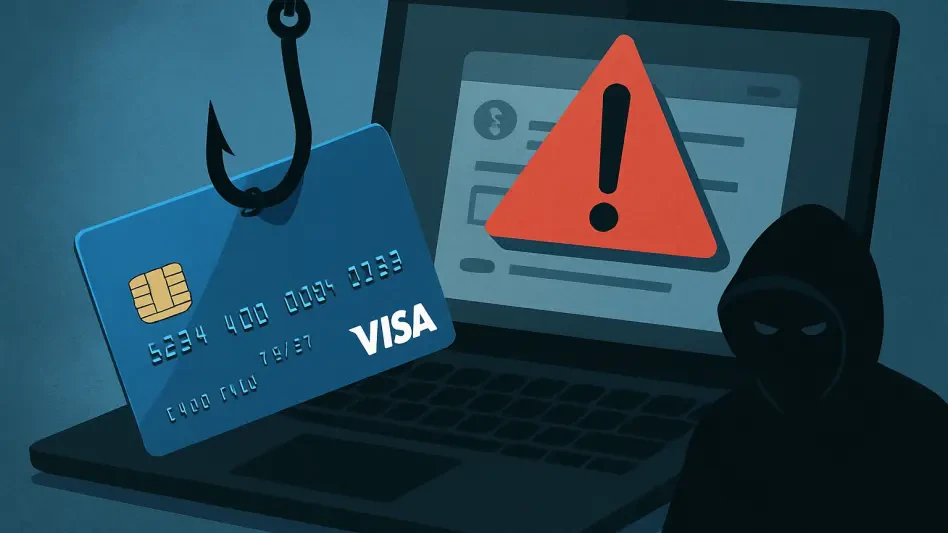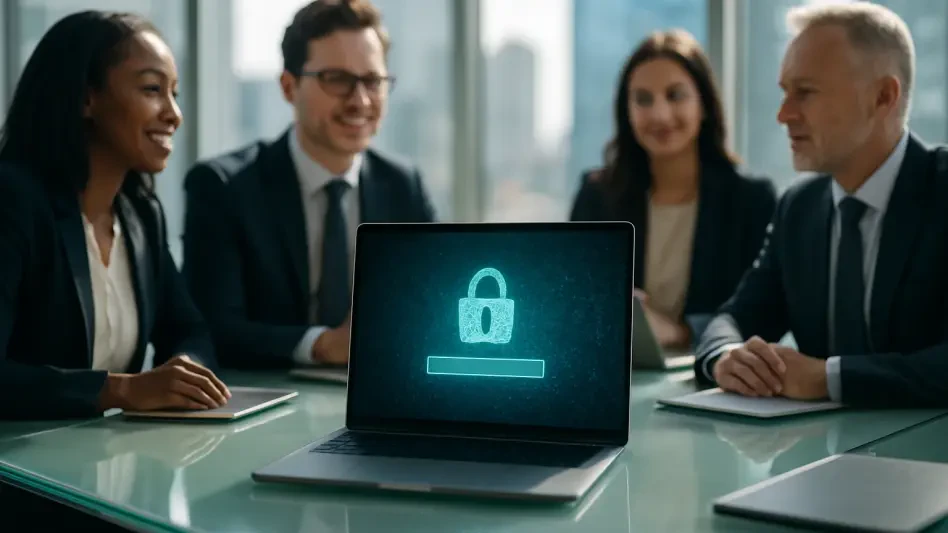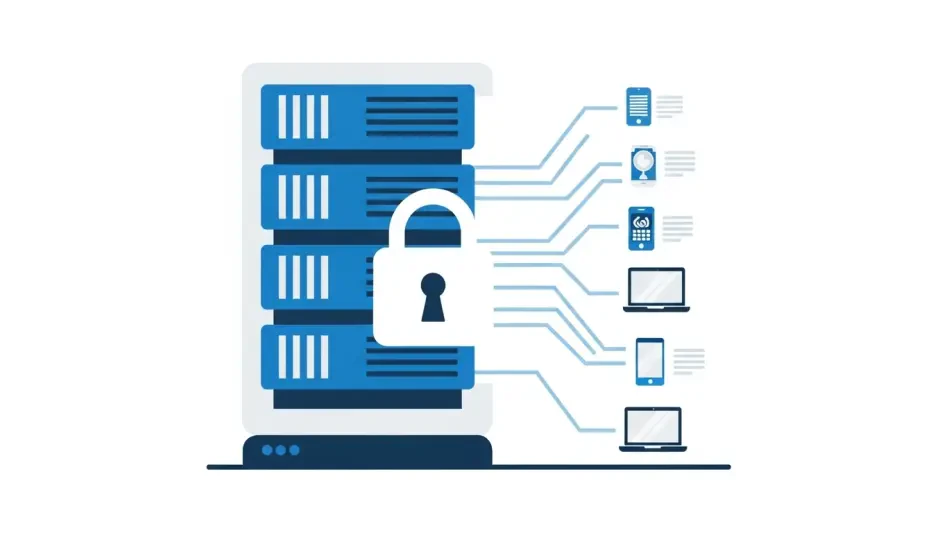In a startling development within the realm of cybersecurity, a highly advanced phishing campaign has emerged, zeroing in on UK organizations that manage sponsor licenses for foreign workers and students, posing a severe threat to their operations. This operation, masquerading as official correspondence from the UK Home Office, seeks to steal credentials from the Sponsorship Management System (SMS), a critical platform for visa sponsorship processes. Uncovered by a leading cybersecurity firm, the campaign poses a severe risk to businesses across various sectors, especially those heavily involved in immigration sponsorship. The attackers’ ability to mimic legitimate communications with alarming precision underscores a growing threat in the digital landscape, where trust in official systems is exploited for fraudulent gain. This alarming trend not only jeopardizes organizational security but also threatens the integrity of immigration processes, raising urgent questions about the adequacy of current defenses against such sophisticated cyber threats.
Unveiling the Phishing Operation
Deceptive Tactics and Techniques
The phishing campaign employs meticulously crafted emails that replicate official Home Office notifications, using urgent subject lines to create a sense of immediacy and compel recipients to act without hesitation. These messages often claim that a new update or alert awaits in the SMS, prompting users to click on embedded links that direct them to counterfeit login pages. These fraudulent sites are designed with striking accuracy, mirroring the legitimate SMS interface by copying its HTML structure and linking directly to official assets. Once users navigate past a CAPTCHA barrier, they are prompted to input their credentials, which are then siphoned off by a malicious script. This level of detail in replicating government systems reveals the attackers’ profound grasp of official communication styles and user behavior, exploiting the inherent trust placed in such platforms to execute their scheme with devastating effectiveness.
Scale and Escalation of Attacks
The magnitude of this phishing operation is particularly concerning, with cybersecurity experts detecting a significant volume of malicious emails over a short period. In just the first half of July, approximately 8,000 such messages were identified, with an additional 2,500 surfacing in the initial days of August, signaling a rapid intensification of the campaign. This sharp increase suggests that the attackers are not only persistent but also adapting their strategies to maximize reach and impact. The emails target a wide array of organizations holding sponsor licenses, spanning multiple industries reliant on foreign talent. Such a broad scope amplifies the potential for widespread credential theft, enabling attackers to exploit compromised accounts for various illicit purposes. The escalating frequency of these attacks highlights the critical need for heightened awareness and immediate action among affected entities to curb the growing threat before it inflicts further damage.
Consequences and Countermeasures
Monetization Schemes and Fraudulent Activities
Once SMS credentials are compromised, attackers deploy a range of monetization tactics to capitalize on their illicit access. These include selling stolen account details on dark web marketplaces, extorting affected organizations for financial gain, and issuing fraudulent Certificates of Sponsorship (CoS) to unsuspecting victims. In some egregious cases, fake job offers and visa sponsorships are created, with victims being charged exorbitant fees—ranging from £15,000 to £20,000 (approximately $20,186 to $26,914)—for opportunities that simply do not exist. This elaborate fraud not only inflicts significant financial losses on individuals but also undermines the credibility of legitimate sponsorship processes. The diversity and sophistication of these schemes illustrate the attackers’ intent to extract maximum profit, posing a multifaceted challenge to both organizations and the broader immigration system that must now contend with the fallout of such deceit.
Defensive Strategies and Official Response
In response to this escalating threat, the Home Office took decisive action by issuing warnings through the SMS platform and direct communications to key contacts and authorizing officers as early as July 10. These alerts emphasized the risk of phishing scams and urged vigilance to protect account security. Meanwhile, cybersecurity experts advocate for robust preventive measures, such as deploying anti-phishing tools capable of detecting government impersonation and flagging suspicious URLs before they reach users. Additional recommendations include implementing URL rewriting and sandboxing technologies to analyze links in a secure environment prior to user interaction. These strategies aim to thwart credential theft and mitigate the downstream effects of fraud. The combined efforts of official guidance and technical solutions underscore a pressing need for organizations to fortify their defenses, ensuring they remain a step ahead of attackers who continue to refine their deceptive practices.
Broader Implications for Cybersecurity
The emergence of this phishing campaign reflects a troubling trend toward increasingly targeted and sophisticated cybercrime, particularly against critical systems like the SMS. By exploiting trust in official communications, attackers have demonstrated an ability to tailor their approaches with precision, adapting to user behavior and system vulnerabilities. This shift poses significant challenges for organizations that depend on digital platforms for essential operations, as the line between legitimate and fraudulent interactions blurs. The consensus among experts and officials points to an urgent need for enhanced security protocols and greater awareness among sponsor license holders. As cyber threats evolve, the importance of proactive measures—such as regular training on phishing recognition and investment in advanced security tools—becomes paramount to safeguarding sensitive data and maintaining trust in digital ecosystems.
Reflections on a Persistent Threat
Looking back, the sophisticated phishing campaign targeting UK visa sponsorship systems revealed a critical vulnerability in the digital infrastructure of organizations managing immigration processes. The attackers’ adeptness at impersonating the Home Office and exploiting the Sponsorship Management System had far-reaching consequences, from financial exploitation to the erosion of trust in legitimate sponsorship mechanisms. As a forward-looking consideration, organizations were urged to adopt a multi-layered approach to cybersecurity, integrating advanced anti-phishing tools with ongoing employee education to recognize and report suspicious activities. Collaboration between government bodies and private sector entities also emerged as a vital step to share intelligence and develop more resilient defenses. Ultimately, staying ahead of such threats demanded a commitment to innovation and vigilance, ensuring that the lessons learned from this campaign informed stronger protections against the ever-evolving landscape of cyber fraud.








